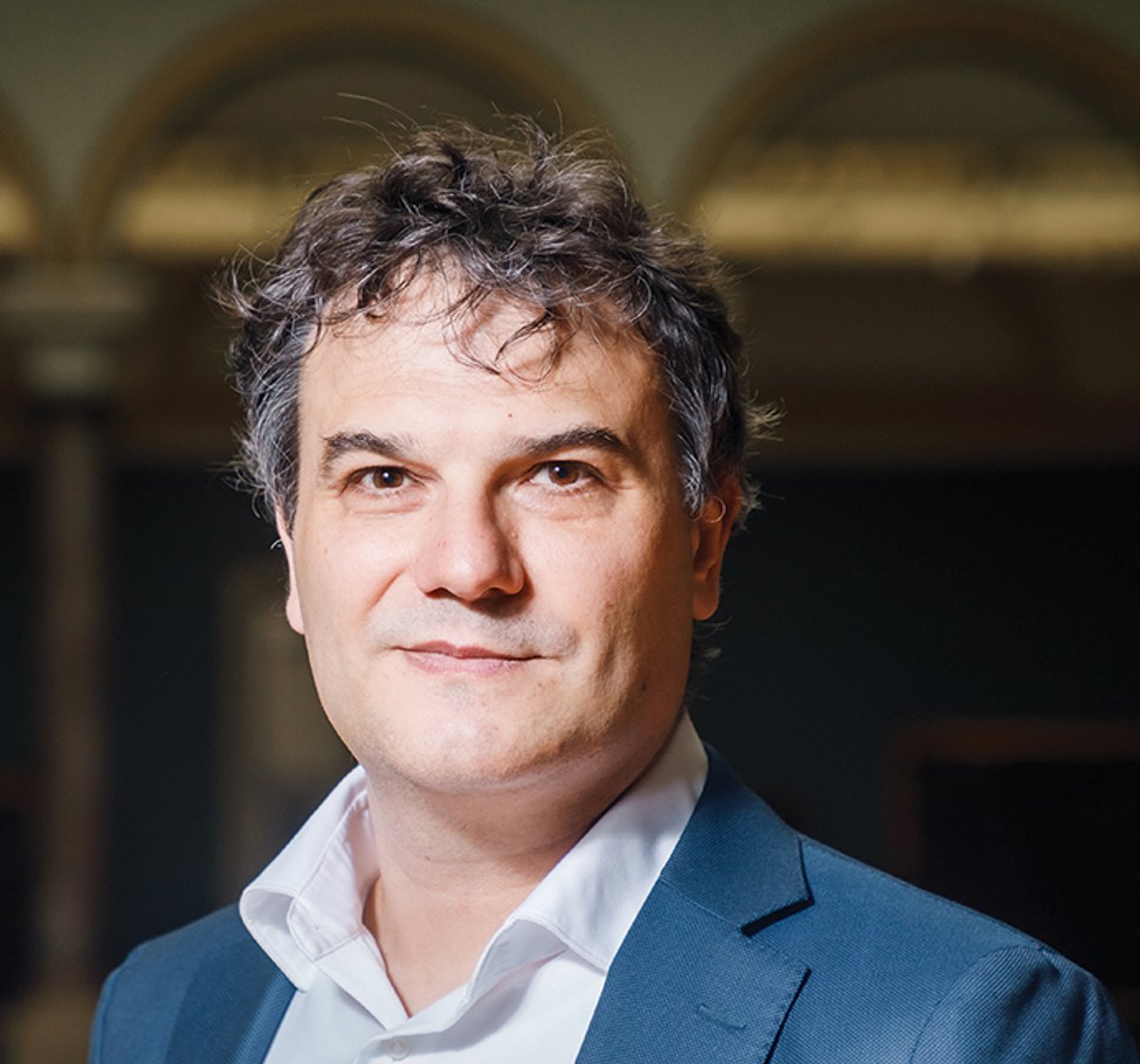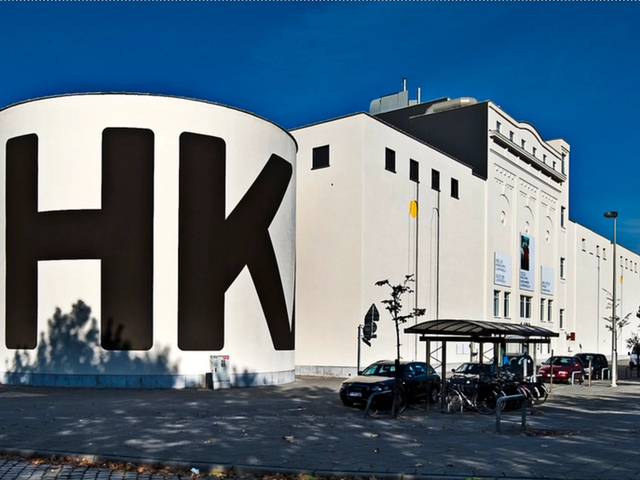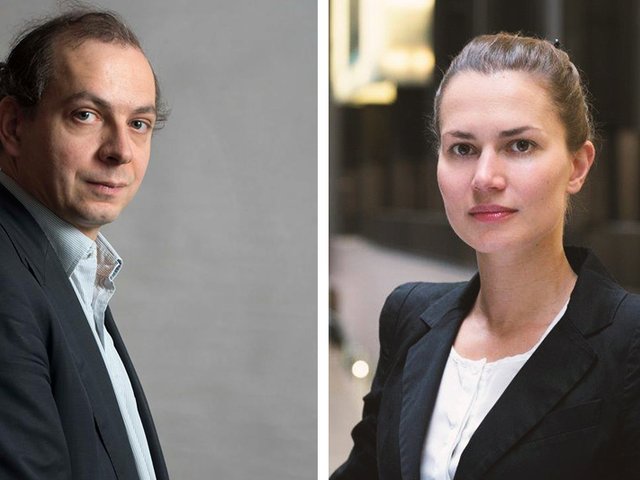Kim Oosterlinck, a professor of finance, took over this month as director of the Royal Museums of Fine Arts in Brussels (MRBAB) amid hopes he will help to set the six-museum institution on a new path as it emerges from deep crisis.
In April 2023 his predecessor Michel Draguet, who had been in the post since 2005, stepped down after allegations of bad management and harassment of staff, set out in an open letter from a group of employees to Thomas Dermine, the Belgian government official who oversees museums. In interviews, Draguet fought back against the allegations, arguing that he had faced a number of external crises, such as the pandemic, during his term in office and pointing out that visitor numbers had increased dramatically in that time.
The challenge for Oosterlinck will be “to develop a new vision, both in the scientific research conducted by the museums and in how the collections are presented to the public”, Dermine said in a statement in April.
The MRBAB oversees the Old Masters Museum, the Magritte Museum, the Fin-de-Siècle Museum, the Modern Museum, the Wiertz Museum, and the Meunier Museum. Since Draguet’s departure, the institution has been managed by Sara Lammens as interim director.
Among the criticisms of Draguet’s management was that he scheduled exhibitions at the last minute without giving curators time to prepare them—including one show devoted to Prune Nourry that was added to the programme three weeks before it was due to open, according to the Belgian newspaper Le Soir.
Streamlined programme
Lammens says she has streamlined the museum’s programme and cancelled projects so that curators could focus on two exhibitions: one on Surrealism, called IMAGINE!: 100 Years of International Surrealism at the Magritte Museum (until 21 July), and Drafts: From Rubens to Khnopff, opening on 11 October at the Old Masters Museum.
Oosterlinck’s background is in academia rather than day-to-day museum management: he has served as a professor of finance at Solvay Brussels School of Economics and as the vice-rector of the Université Libre de Bruxelles. His main areas of research are financial history and the art market, and he has published work on forgeries, art dealers’ strategies, European art markets during the Second World War and banks’ art collections.
At the end of June, Oosterlinck met with the 220 members of the RMFAB staff and was symbolically handed the keys to the institution by his predecessor. At the meeting Oosterlinck said: "The strategic vision in which I propose to frame the museums will reaffirm their societal mission, paying particular attention to issues of diversity, equality, inclusion, accessibility and sustainability. ”
Adding to Oosterlinck’s hefty to-do list is a €30m renovation project that began 20 years ago. The next stage is to renovate a three-storey building, a project for which an architectural firm has yet to be selected. The target date for completion is 2030, coinciding with Belgium’s bicentenary. It may later house 19th- and 20th-century art, filling a gap left by the closure of the Modern Museum in 2011.
And there is still fallout from Draguet’s tenure to be expected. The MRBAB employees’ group, which joined forces with trade unions against Draguet, asked Empreva, the central organisation responsible for assisting government in maintaining the well-being, safety and health of their employees, to conduct two investigations.




